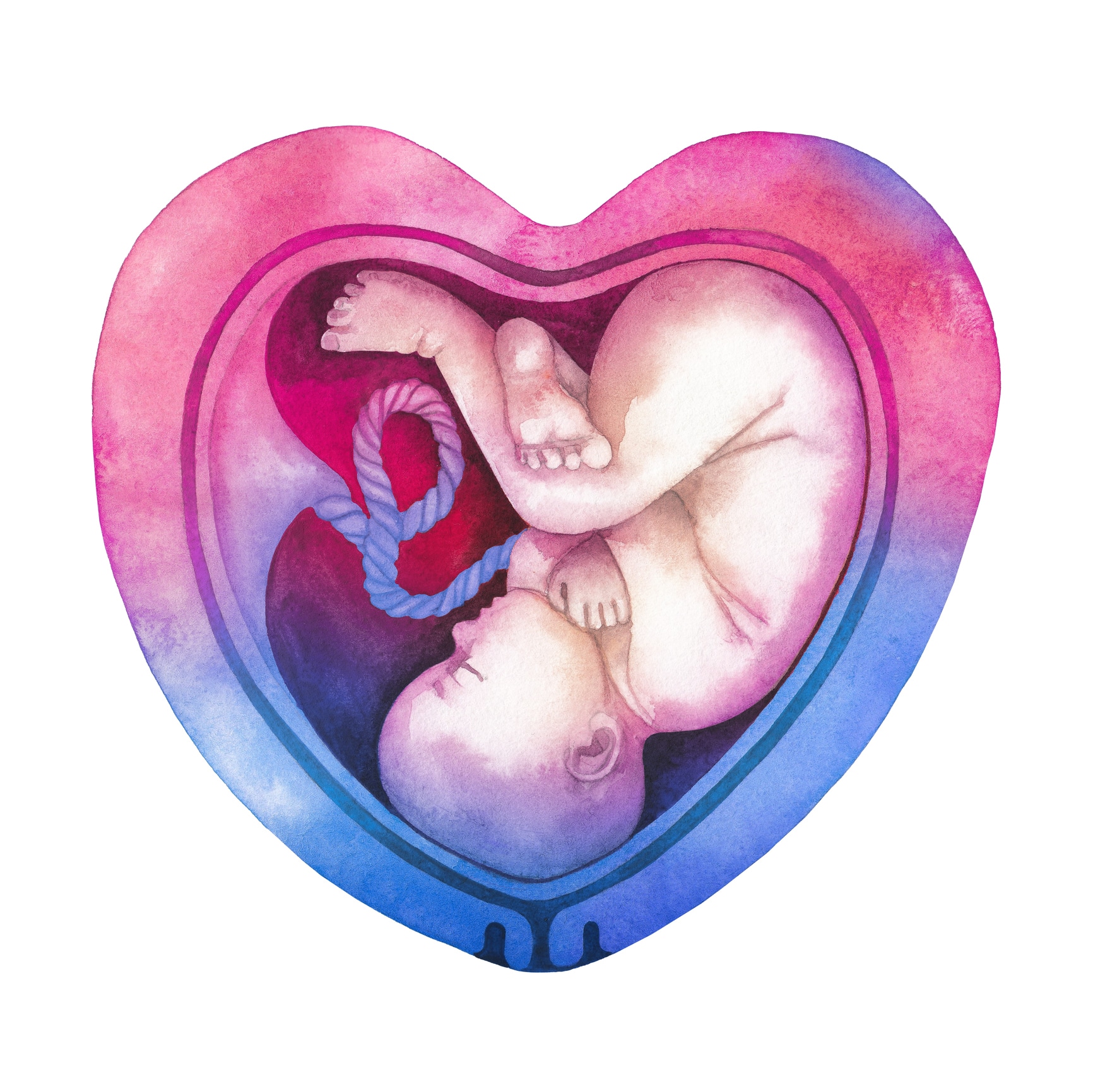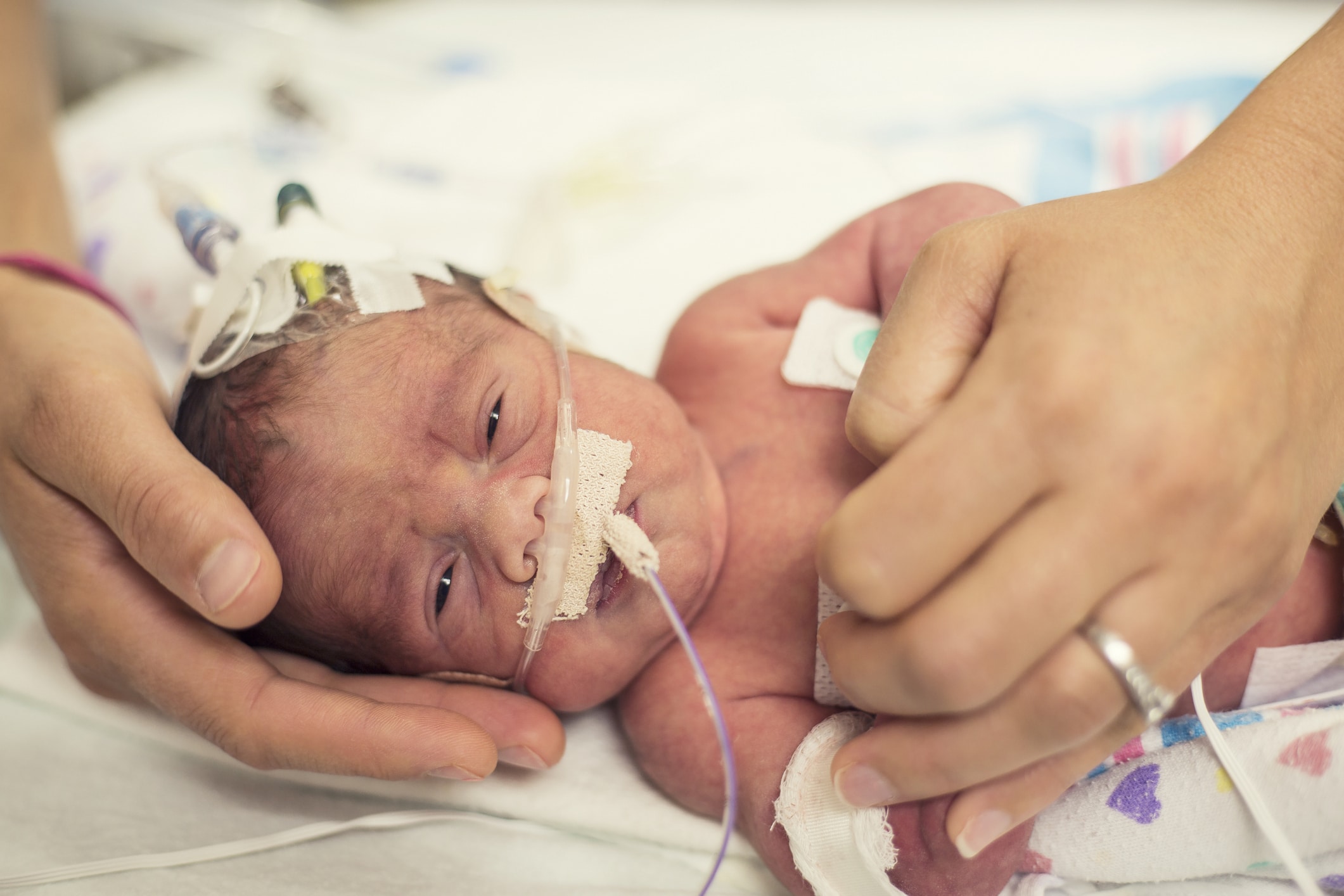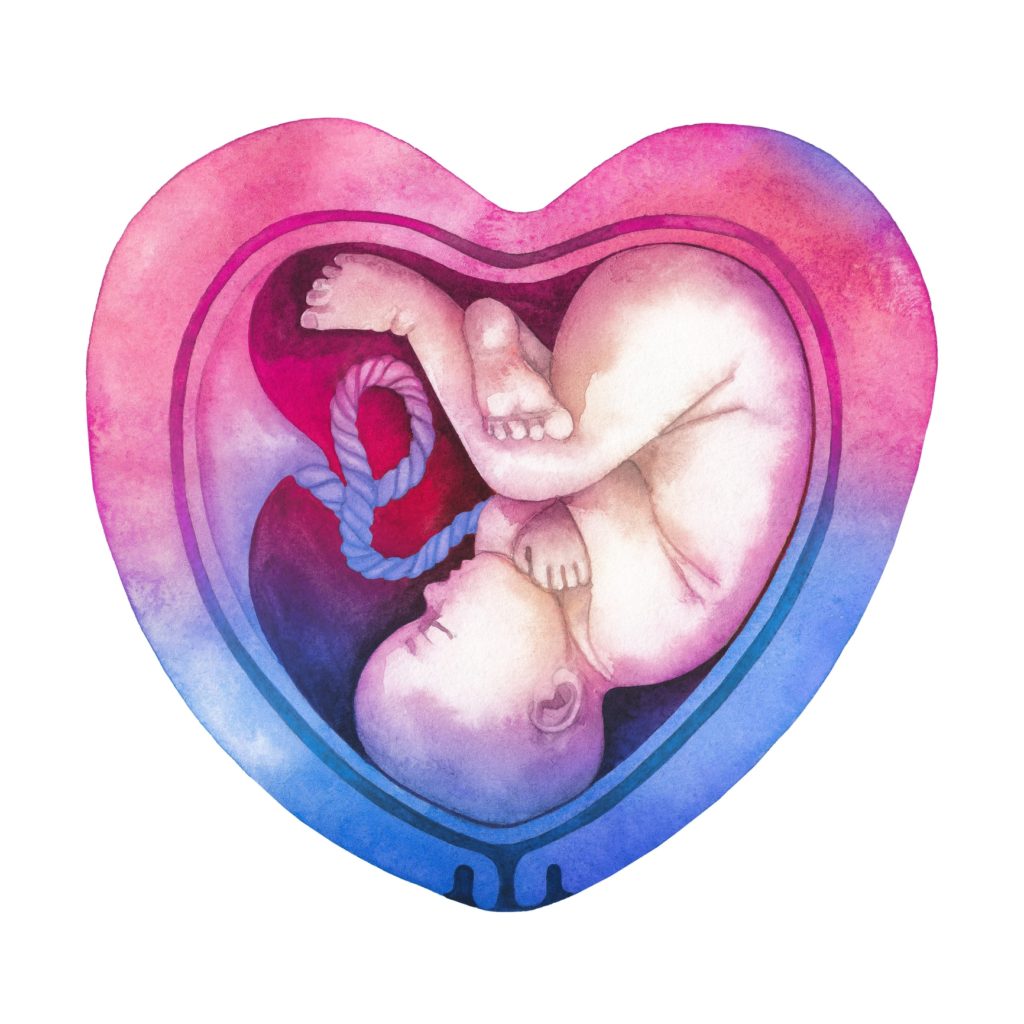Your Brain

We (all) learn, adapt, and thrive from a basic feedback loop. Let me explain.
When your body and brain are functioning as advertised, your senses constantly take in information from the environment (sight, sound, smell, taste, touch) and send it along different routes to your brain. Your brain processes this information resulting in an adaptive response. A simple example is pulling your hand back immediately from a hot stove. It happens quickly. Brains are fast like that.
Depending on the intensity and repetition of the information going in, your brain begins to build ‘wiring’ around similar types of experiences, a memory if you will. Those memories can even be built from repetitive sets of movements that you don’t realize your brain is learning (unless you’re working on your golf swing, then every movement is so consciously overthought you want to throw something).
In the driving scenario, you no longer have to think about the amount of pressure you put on the brake as you slow for that turn, but your 16-year-old hasn’t yet built the muscle memory for that complicated host of sensory input and output needed to complete the task effectively, and with any luck, safely.
Repetition makes the wiring stronger, the communication in the brain faster, the ‘motor’ or movement output more efficient. (Image: Adult texting speed versus teenager speed.)
During infancy and at other crucial developmental stages, the brain is particularly awesome at learning new things. It’s why learning languages is typically much easier for young children than adults. Your brain also prunes connections that are not used enough (so many life analogies, I can’t even). Sometimes there are critical periods of development for your brain, meaning that the brain has a predetermined, ideal, or sometimes limited window of time in which to develop a certain path or circuit, and once that window closes, it’s either ‘impossible’, unlikely, or difficult to acquire that skill.
Healthy Full-Term Infant Brain
All the processes above are based on the premise that when you were in the womb, you were:

1) free from brain injury
2) free from serious infection or illness
3) learned to move in a fluid environment
4) learned to move in a predictable environment that eventually became pretty cramped
5) protected from intense noise traveling through air
6) protected from bright light
7) exposed to your mother’s voice and voices (language!) in immediate environment
8) exposed to shifting movements based on your mother’s activity
9) generally protected from pain
10) able to build muscle tone partially by ‘natural’ development and partially by pushing against those cramped quarters toward the end of pregnancy
11) eventually swallowing up to a liter of amniotic fluid per day, which among other things, prepared you for feeding
12) able to develop in that all-inclusive environment for roughly 38-40 weeks, which allowed your brain to get through many critical periods of development without interruption.
If you were born full term AND healthy, look how prepared you were for this strange new world! Development is fascinating.
Premature Infant Brain
In contrast to the healthy full-term baby above, premature infants develop for days, weeks, or months in the neonatal  intensive care unit (NICU), a relatively unpredictable environment that despite our best efforts, does not fully replicate the womb. Suddenly, instead of moving in fluid, the weight of gravity appears, and premature babies do not yet have that strong muscle tone to move against it. There may be bright lights before their pupils can constrict to protect them from it. While there are many voices, they still know mom and dad’s best, and are still learning language, if and when the NICU is quiet. There are no natural walls to push against to build muscle tone. Instead of getting nutrition through the umbilical cord, it may be through a tube from the babies’ nose to stomach for quite a while. Depending on age, the suck, swallow, breathe movements of feeding aren’t fully wired, and while they typically (but not always) become functional eaters, the physical and psychological aspects of feeding may never be wired exactly the same way.
intensive care unit (NICU), a relatively unpredictable environment that despite our best efforts, does not fully replicate the womb. Suddenly, instead of moving in fluid, the weight of gravity appears, and premature babies do not yet have that strong muscle tone to move against it. There may be bright lights before their pupils can constrict to protect them from it. While there are many voices, they still know mom and dad’s best, and are still learning language, if and when the NICU is quiet. There are no natural walls to push against to build muscle tone. Instead of getting nutrition through the umbilical cord, it may be through a tube from the babies’ nose to stomach for quite a while. Depending on age, the suck, swallow, breathe movements of feeding aren’t fully wired, and while they typically (but not always) become functional eaters, the physical and psychological aspects of feeding may never be wired exactly the same way.
The sensory bombardment of all that light, sound, touch, pain, stress, and movement is overwhelming for a brain that’s not yet capable of turning that information into an adaptive response. For example, premature babies may experience pain during IV insertion but do not yet have the ability to show signs of the pain. They may not yet be able to pull away or wince or furrow their brow. So, we must understand that. We must interpret preemie-speak and support them accordingly in real time.
We must increase the quality and frequency of positive input (skin to skin with mom is a fabulous start!) while decreasing the severity and frequency of negative experiences. We must learn so much about the gap between what their brains and bodies expected for development and what’s being experienced that we can prevent most of the negative effects of
the environment, lessen the severity of issues that do occur, and support every baby through each day with the knowledge and skill of someone who aims to improve neurodevelopmental outcomes from day of life 1. Early impact for a lifetime of benefits.
We are neonatal therapists. This is our job.

We love babies and families. We love the intersection of medicine and development. We love our colleagues (none of this happens in a vacuum). We love the brain and all its known and unknown amazing-ness. We are rooted in science and propelled by passion.
Babies and families of the NICU – when it comes to development, we have your back.

